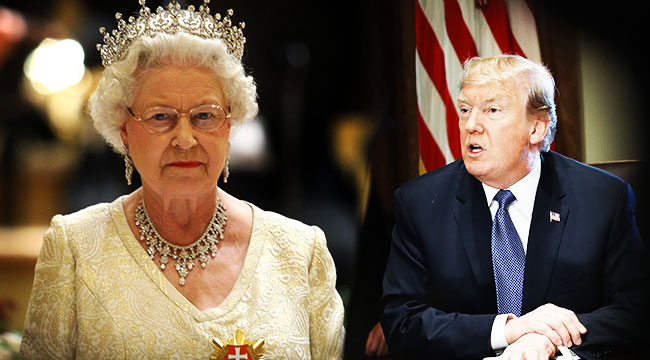
We’ve all heard of tax shelters. Swiss bank accounts, Cayman Island shell companies, and shady banks in Cyprus, which dominate spy movies and novels of geopolitical intrigue, not to mention the actual news cycle. Yet until very recently, it wasn’t clear who was sheltering what in these financial instruments that rose over the decades. Now details are coming out, and what’s being revealed is leaving a lot of very powerful people exposed.
What are the Paradise Papers, and why should you care about them?
- The Paradise Papers are similar to, but distinct from, the Panama Papers: Any confusion is understandable since both are gigantic document dumps about shady financial dealings that may have long-range implications for politics, business, entertainment, and sports. But the Panama Papers arrived roughly two years ago and are still also being investigated by journalists. And no, the two haven’t been cross-referenced yet, but that’s coming.
- The Paradise Papers started in Britain: The leak of 13.4 million (yes, million) files started as an investigation into where prominent British citizens were tucking away their money. Tax avoidance has become a major issue for Britain as the Brexit process has become a tangled thicket of failed negotiations. The files were first obtained by a German newspaper but were quickly shared with an international collection of newspapers, as the leak was extensive.
- The papers are a detailed look at tax shelters, shell companies, and other shady financial dealings, and everybody from royal families to major corporations are implicated: The documents largely deal with Cayman Island finances, and so far, the list of those embarrassed, if not in legal trouble, include Queen Elizabeth II, Apple and Nike, and British sitcom stars. And that’s just scratching the surface. This is a vast dump that requires specialized knowledge to fully delve into and will likely be investigated by journalists, law enforcement, and political entities for years. In short, the files name names and show exactly what a host of prominent people have been up to with their money, much of which has been completely hidden from public view until now.
- Even a shallow dive shows grave political implications to the leak, particularly for Donald Trump: Trump’s Commerce Secretary, Wilbur Ross, has already had a very serious financial tie to Russia exposed, namely that he’s in business with Vladimir Putin’s son-in-law exposed by the leak. While there are few direct connections to Trump and Russia, just a cursory examination of the leak raises some serious ethical questions for a number of members of the administration. Trump himself has yet to be named in the papers, but it may only be a matter of time.
- The files may also have implications for attempted Russian meddling in the 2016 election: It appears that an associate of Jared Kushner was a go-between for the Kremlin to invest, heavily, in Facebook and Twitter among other social media companies. That will likely draw the attention of state, federal, and international authorities, especially as Russia has been repeatedly accused of attempting to influence elections via social media. The question of what Jack Dorsey and Mark Zuckerberg knew, and when they knew it, will likely gain increased urgency.
- There will be long-term implications: Even if those named in the papers aren’t technically doing anything illegal, as we’ve already seen, some of the actions already uncovered have some nasty ethical implications. And these leaks lay bare how companies dodge taxes, laying the groundwork for new laws to prevent it. It also, as the Panama Papers show, lays the groundwork for even more leaks of this nature. There’s clearly far, far more to this shadowy world than anyone thought, and it increasingly appears to be getting laid bare.
